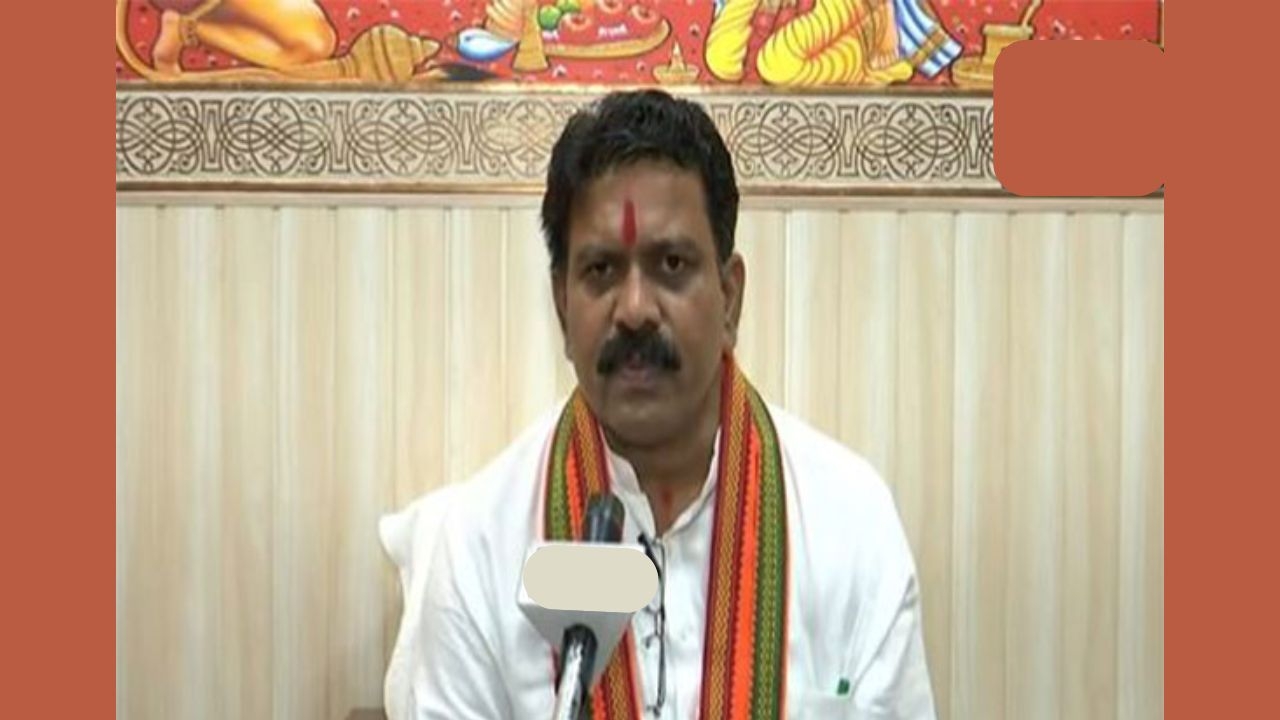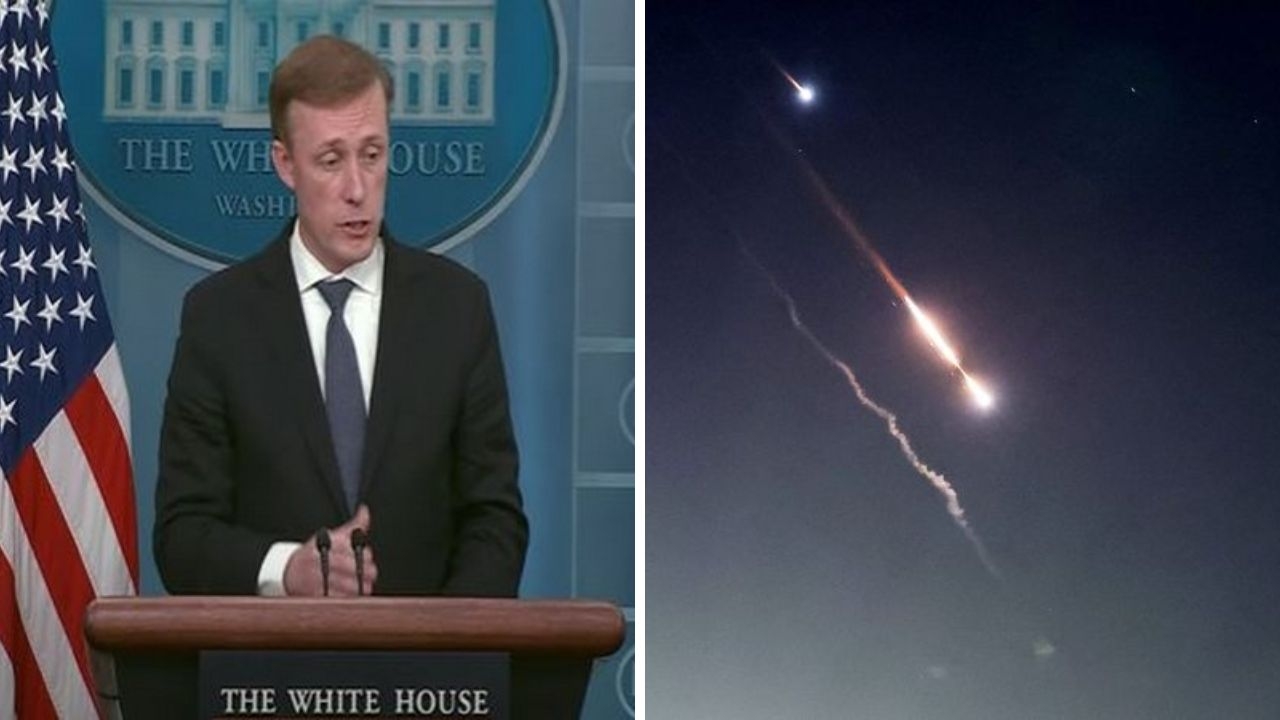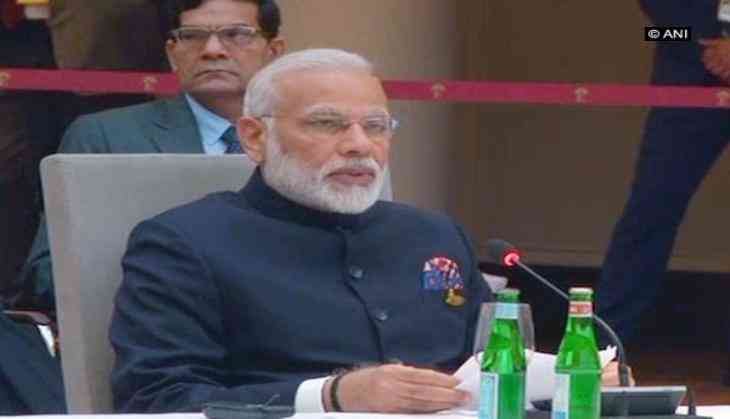
The acceleration of structural reforms in the Indian economy, with the efforts made by Prime Minister Narendra Modi led BJP government in the centre, is bringing a new growth impetus, which has won the confidence of the people by increasing public wages and pensions that will support consumption.
Economic growth is projected to remain strong and India will remain the fastest growing G20 economy, according to the latest edition of the OECD's economic outlook report on India.
"Growth remains strong. Private consumption has been buoyant, boosted by the increase in public wages and pensions and by higher agricultural and rural incomes. The costs of the withdrawal of high denomination notes - demonetisation - in November 2016 are wearing off, and sales of cars and two-wheelers have bounced back," according to the OECD report.
The Organisation for Economic Co-operation and Development (OECD is an intergovernmental economic organisation with 35 member countries, founded in 1960 to stimulate economic progress and world trade says in its June 2017 report that, "The increase in public wages and pensions will support consumption. Private investment will recover gradually as excess capacity diminishes, and the landmark Goods and Services Tax and other measures to improve the ease of doing business are being implemented."
According to report, the newly implemented Goods and Services Tax (GST) has framed India into a single tax market and thus will spur productivity, investment, competitiveness, job creation and incomes.
The report underlines, "Investment has so far failed to rebound, despite government efforts to develop rail, road and energy infrastructure and to improve the ease of doing business. Excess capacity (e.g. in the steel sector) and the weak financial position of some corporations, combined with large non-performing loans for most public sector banks, have restrained business investment."
But now, the government's abolition of the Foreign Investment Promotion Board, which reviewed foreign investment programmes, should promote FDI inflows, states the report, report said.
However, it also says, "Exports have picked up, driven by strong demand from Asia and the euro area. Higher oil prices and gold imports, coupled with a decline in remittances inflows, are
reflected in some deterioration in the current account deficit. However, the deficit remains well below its longer-term average. FDI net inflows have been rising steadily since 2014 and are fully financing the current account deficit."
Saying that investing more in physical and social infrastructure is critical to raising living standards for all, the report says, "However, large non-performing loans and high leverage of some companies are holding back investment. Monetary policy is projected to remain tight as inflation expectations have still not fully adjusted down. The need to reduce the relatively high public-debt-to-GDP ratio leaves little room for fiscal stimulus."
Satisfied with the Modi government's initiative to rank individual states on the ease of doing business the report says, "It is opening a new era of structural reforms, many states have already modernised regulations and administrative procedures and some are experimenting with reforms of land acquisition and labour regulations."
In the Modi govt.'s regime, the trade openness has increased, partly driven by a competitive service sector. Manufacturing has lagged behind, with limited contribution to exports and job creation, leaving many workers in low-paid jobs.
Promoting quality job creation in manufacturing would require reducing further restrictions on FDI and trade, modernising labour regulations and providing better education and skills.
Better infrastructure, transport and logistics services would facilitate manufacturing firms' access to global markets, particularly from remote and poorer regions.
However, the report suggests that the growth increases will rest on the revival of investment.
Private consumption will remain steady as increases in wages and pensions for central government employees are followed by similar adjustments in the states.
The recent increase in capacity utilisation, coupled with the rebound in industrial production for capital goods and manufacturing indices, bodes well for a gradual revival of private investment.
The implementation of the GST, by lowering the price of capital goods, and the cut in the corporate income tax rate should also support investment. Inflation will likely increase from the low levels in early 2017, but will remain within the authorities' target band.
The revival of (import-intensive) corporate investment, higher oil prices and lower remittance flows will be reflected in a larger current account deficit.
"Ongoing structural reforms, including efforts to reduce the fragmentation of agricultural
markets and land plots, and to develop the irrigation network, should help avoid inflation spikes in the future. In the short term, however, keeping inflation around four percent - the mid-point official inflation target - will be challenging given the roll-out of the GST and
the upward adjustment in house rent allowance and in wages for state government employees," the report cautioned.
However, it also says that, "The recent initiatives to benchmark states' social policies and outcomes, including health, sanitation and education, will strengthen incentives to improve the quality of public services. However, providing quality services to all would require raising public spending."
Welcoming the Modi government's plan to double public spending on health to 2.5 percent of GDP by 2025, as envisioned in the latest National Health Policy, and developing affordable housing for the poor, the report said, that it could be financed by removing the tax expenditures that benefit the rich most, freezing the personal income thresholds from which rates apply, reducing tax evasion and implementing fairer property taxation.
-ANI


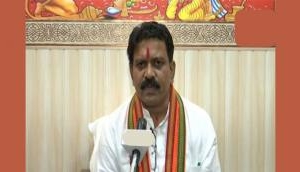
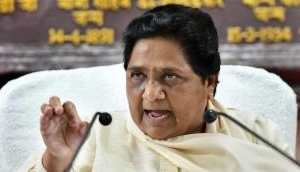
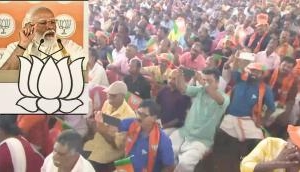
_251267_300x172.jpg)

![BJP's Kapil Mishra recreates Shankar Mahadevan’s ‘Breathless’ song to highlight Delhi pollution [WATCH] BJP's Kapil Mishra recreates Shankar Mahadevan’s ‘Breathless’ song to highlight Delhi pollution [WATCH]](http://images.catchnews.com/upload/2022/11/03/kapil-mishra_240884_300x172.png)

![Anupam Kher shares pictures of his toned body on 67th birthday [MUST SEE] Anupam Kher shares pictures of his toned body on 67th birthday [MUST SEE]](http://images.catchnews.com/upload/2022/03/07/Anupam_kher_231145_300x172.jpg)


